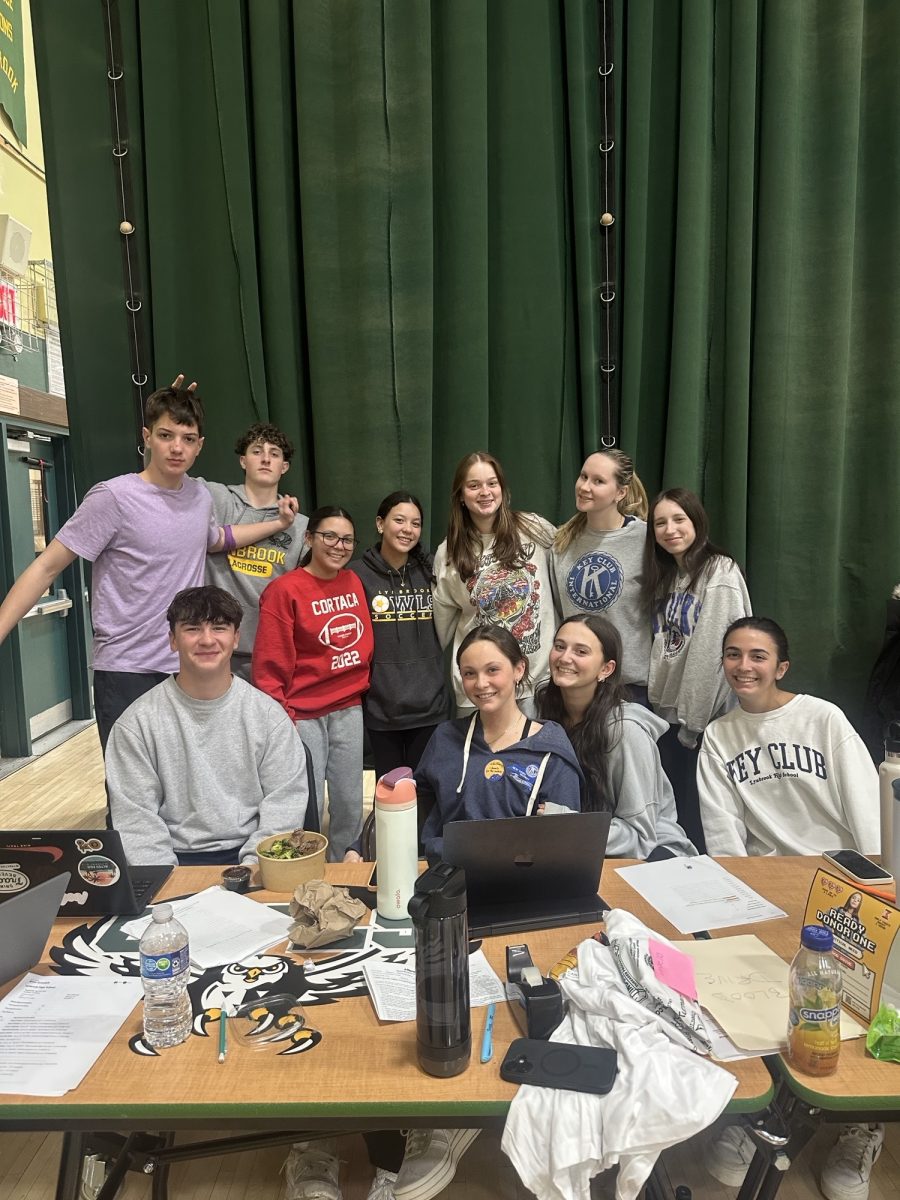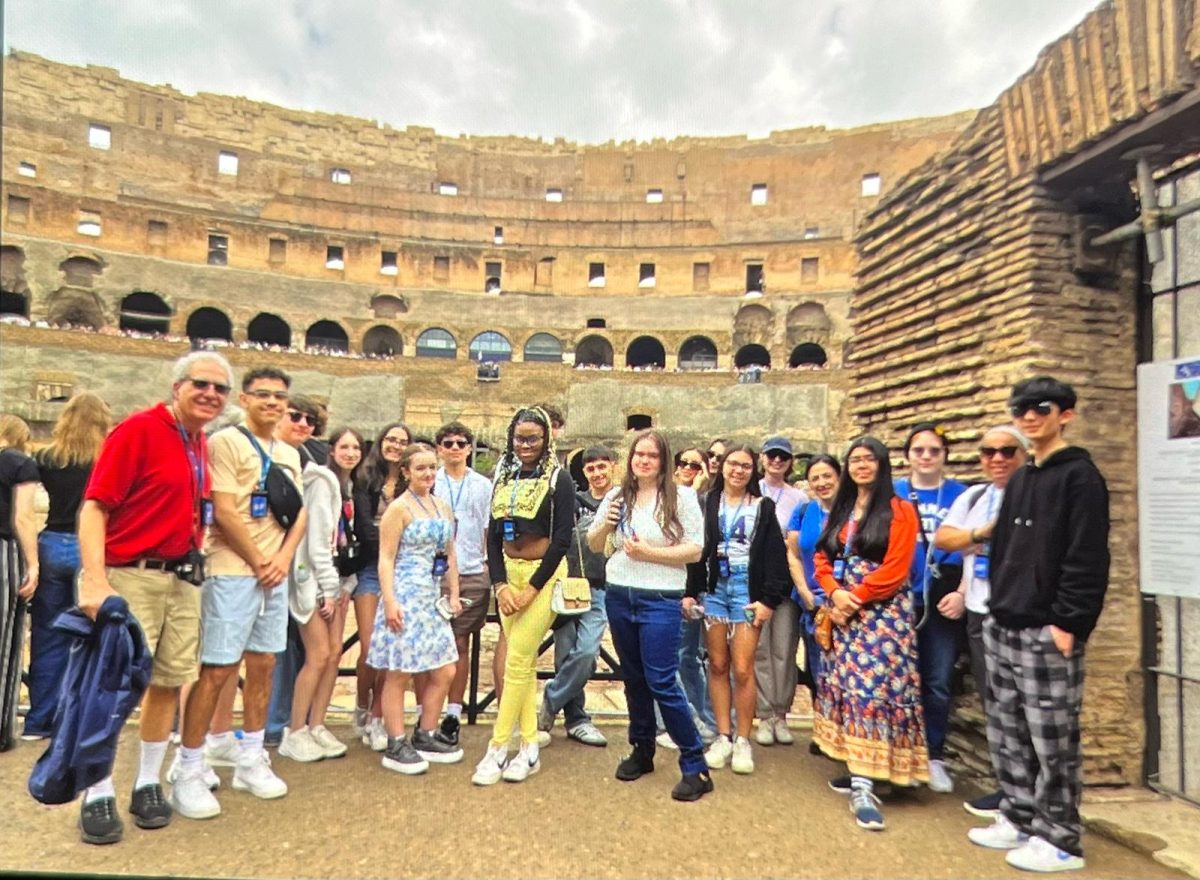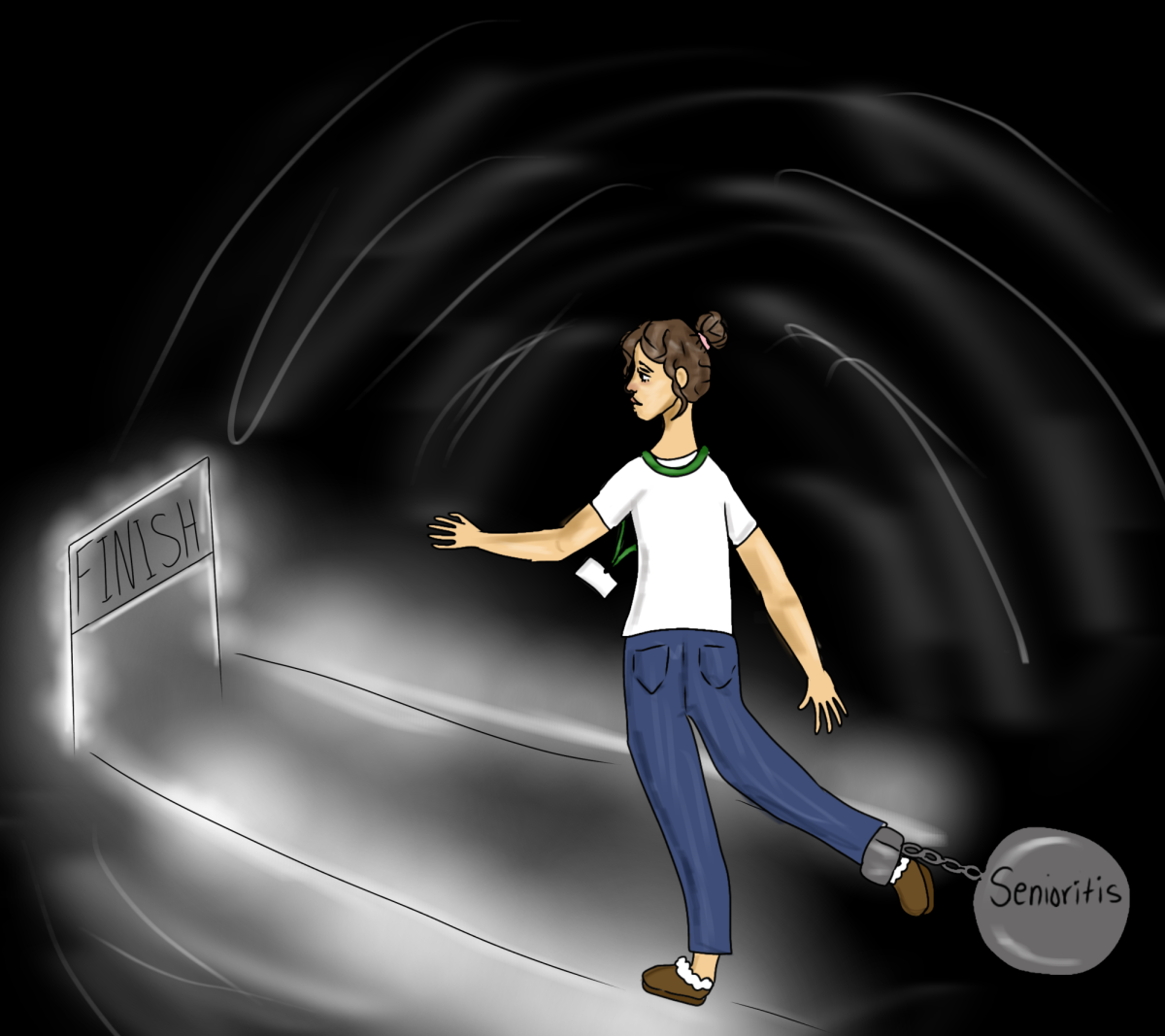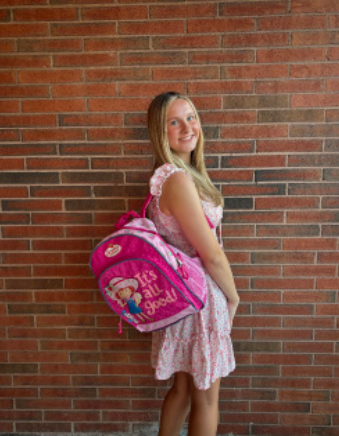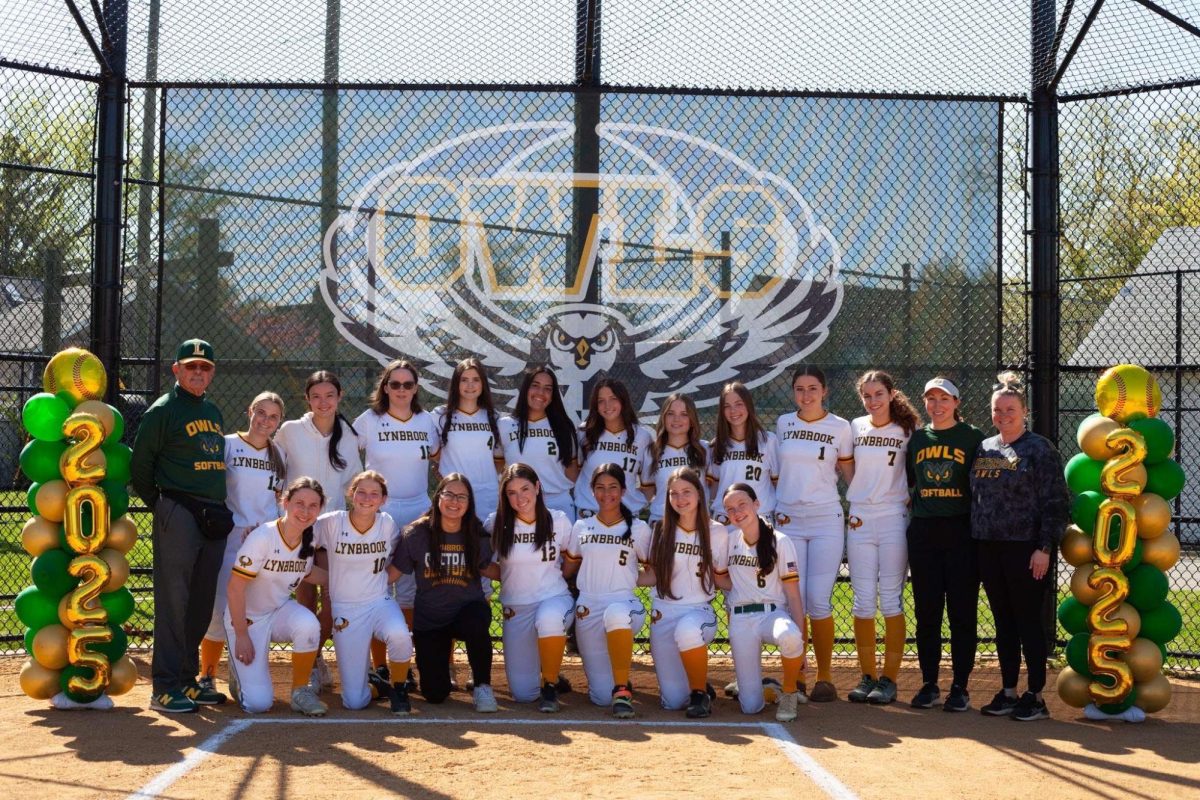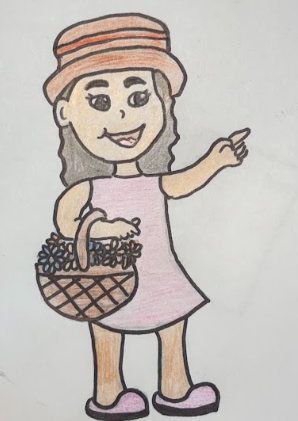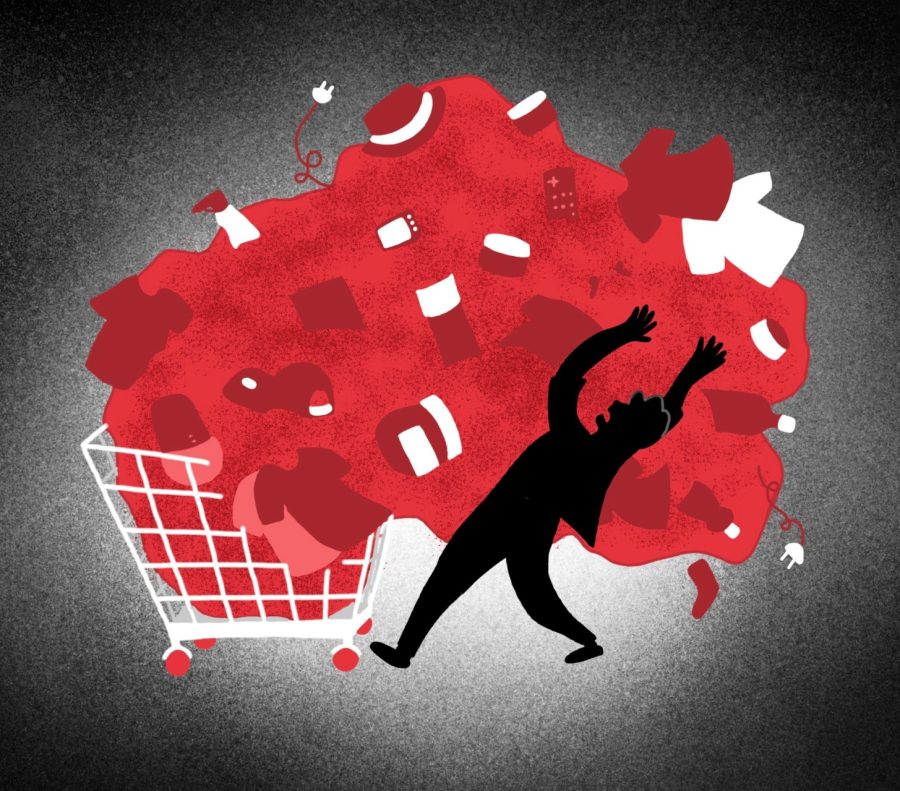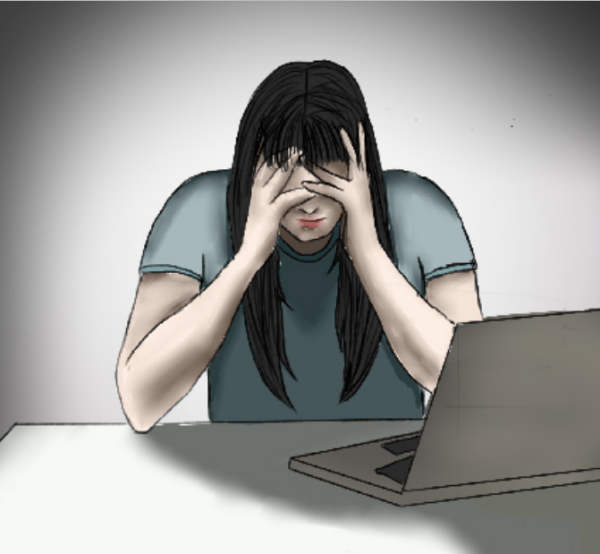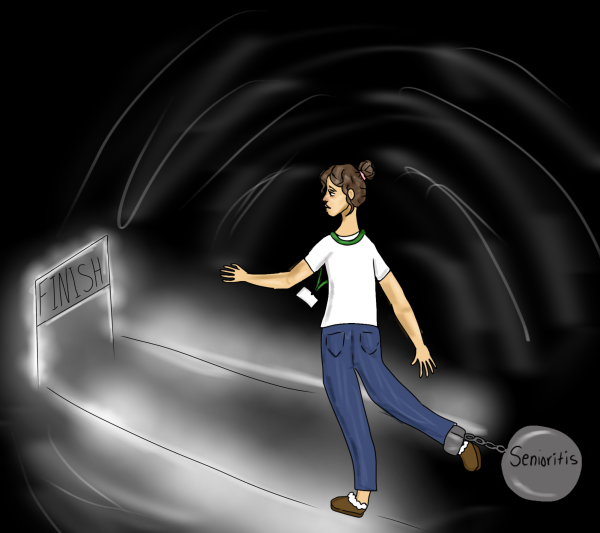“#De-influencing” Is Changing Pop Culture
Social media is taking the world by storm, and the addictive effects it has had on the lives of young people is frightening. Instagram, TikTok, Snapchat, and other platforms are now a “must-have” in the minds of teens, and many feel that having an identity on social media is essential in order to participate in society. Because of this, social media has become the most effective way for brands to promote their products. Whether through advertisements or influencers, trendy brands have caused a surge of overconsumption, or excessive consumption of unnecessary or unneeded products that are often overpriced. According to the Today show’s website (Today.com), 95% of brands have begun to rely on influencers to advertise and promote their products. A new trend, however, is beginning to rise. Referred to as “de-influencing,” this brand-new concept contradicts the promotion of trendy products and encourages viewers to adopt a minimalist attitude.
Health teacher Jennifer Kramer believes that overconsumption is an issue that can lead to certain mental health disorders: “From a mental health point of view, it has been proven that overconsumption of social media can lead to depression, anxiety, and intense feelings of inadequacy, especially for teens,” she explained. Young people especially are affected by the glamorizing of overconsumption and the “need” to own every product on trend. “In small doses, it can be used as a stress/tension reliever, but most teens are on social media in large doses, which can have a detrimental impact on their health,” Kramer added.
The #De-influencing trend is gaining popularity mainly on TikTok with 76 million views, and influencers who once attempted to encourage the purchase of products are now being honest about the quality or effectiveness of them. Overconsumption is beginning to decline in popularity while minimalism is seeing an uprise. Internet personality Jessica Clifton explained her minimalist skincare and makeup routines to Today. She has several “rules” that she encourages her viewers to follow, including not buying new products unless bottles are empty and perfecting skincare routines by investing in products with the best reviews only, not the ones that everybody seems to be buying. To further validate her belief in de-influencing, Clifton captioned her post, “Declutter your home and then learn to buy less. It will change your life.” Other content creators are using the #de-influencing trend to review the trendy products they use or have used in the past and explaining why they are or are not worth the investment. Sophomore Ana Juarez, who has seen these videos on TikTok, believes that they are a good way to be mindful about spending: “Hearing advice from influencers can help viewers to make decisions based on effectiveness over the appeal of the Internet.”
Although many are obsessed with the idea of de-influencing, it is controversial in the effect that it has on brands. Influencers encouraging their audience of millions not to use certain products can be detrimental to the success of the brands creating these products. This is prominent especially in makeup companies, and after learning about the de-influencing trend, Urban Decay tweeted, “Sooo #de-influencing… y’all still like me tho, right?” Urban Decay and other brands are clearly feeling the effects of de-influencing culture, which causes worry in the future success of their companies. The topic is also controversial because some believe that influencing others to buy a cheaper or better-quality product is still “influencing,” and it can be difficult to know if the opinions of content creators can be trusted or if their goals are only to boost their credibility.
“To an extent, de-influencing can be beneficial, but when influencers are specifically targeting brands, that is when it turns into an issue,” Juarez notes.
Minimalism is an idea similar to de-influencing and is also gaining popularity. A minimalist lifestyle is one of simplicity, with the idea that ridding oneself of unneeded items will allow for a better focus on what is important. In one of her videos, TikTok user @basicofcourse explains to her 12.4k followers the poison of overconsumption and how, although it may seem like they are, products like supplement powders, ice-rollers, and blue light anti-aging therapies are not necessities. Sophomore Carolina Villadiego agrees with this and said, “Social media makes these products so appealing when many of them don’t even have any benefits. It is a toxic way to encourage people to buy items and spend money mindlessly.” It is better and more beneficial to lead a life of simplicity, and to focus money on true necessities. Minimalism can also be applied to traveling because exploring new places has become a way to utilize social media to display or “show off” one’s experience to others. With only necessary clothing, makeup, or other items, it will be less appealing to capture every moment with a camera and encourage mindfulness and being present in a once-in-a-lifetime moment.
De-influencing is an interesting twist in the trend of overconsumption that has been seen as social media use is continuing to be abused. Influencers being honest with their viewers about the true effectiveness of certain products can be beneficial to those looking to save money. In addition, the minimalist wave that seems to be taking over the internet has the potential to combat the toxic culture rooted in materialism. Overconsumption is harmful to society because it encourages greed in the form of owning material or trendy items, and de-influencing, while not a flawless tactic, is assisting in the reduction of overconsumption. The increasing popularity of de-influencing and minimalism will greatly benefit society by extinguishing the mindset that trendy products are necessary in order to live a fulfilling life.

My name is Emily Franklin, and I am a member of the Class of 2025 and an editor for Horizon. I am part of the Key Club, Birthday Wishes Club, and Mathletes....




